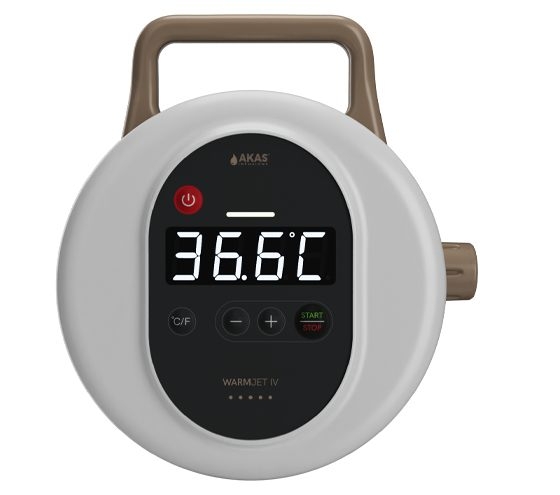Avoid These 5 Mistakes When Buying a Fluid Warmer Machine

Introduction
A Fluid Warmer Machine is a vital component in any hospital setting, especially during surgeries, trauma care, and critical infusions. These devices help maintain normothermia by ensuring that blood, IV fluids, and medications are delivered at the right temperature. Choosing the wrong unit or overlooking key details can compromise patient safety and operational efficiency.
To help hospitals, clinics, and healthcare centres make informed decisions, here are five common mistakes to avoid when purchasing Fluid Warmers for your facility.
1. Overlooking Compatibility with Existing Systems
Not every Fluid Warmer Machine works with all IV or infusion setups.
-
Always check whether the warmer is compatible with your current infusion pumps or syringe systems.
-
Mismatched devices can lead to interrupted flows or inconsistent temperatures.
-
Consult biomedical engineers or vendor specs before making a final choice.
2. Ignoring Temperature Accuracy and Control Features
Inaccurate fluid temperatures can lead to hypothermia or overheated solutions.
-
Ensure the Fluid Warmers you evaluate offer precise digital temperature controls.
-
Look for real-time monitoring, alarms, and safety cut-offs to protect both patient and staff.
-
Avoid units that only show general heating indicators without exact values.
3. Choosing Based on Price Instead of Clinical Needs
A low-cost unit may miss essential safety or usability features.
-
Evaluate whether the Fluid Warmer Machine meets your department’s volume, usage, and specialty needs.
-
Prioritise reliability, build quality, and temperature recovery speed, especially in operating theatres and ICUs.
-
Calculate long-term costs like maintenance, calibration, and replacement accessories.
4. Neglecting Portability and Space Considerations
Large or fixed warmers can create problems in tight spaces or mobile units.
-
For emergency rooms or ambulances, compact and lightweight Fluid Warmers are essential.
-
Wall-mounted or pole-clamp options help optimise space in crowded wards.
-
Consider the daily workflow of nurses and staff who need quick and safe access to warmed fluids.
5. Failing to Check Compliance and Safety Certifications
Regulatory compliance is non-negotiable in modern hospital procurement.
-
Ensure the Fluid Warmer Machine is certified with CE, ISO, or FDA standards.
-
Devices must follow thermal safety regulations and medical electrical equipment guidelines.
-
Non-compliant machines can increase liability, fail audits, or jeopardise accreditation.
Conclusion
A well-chosen Fluid Warmer Machine not only supports effective clinical outcomes but also reinforces a hospital’s commitment to patient safety. Avoiding these common mistakes ensures that your investment meets both regulatory and practical standards. Whether it’s for the ICU, OT, or ambulance unit, thoughtful selection leads to long-term reliability and better patient care.
Akas Infusion, currently the largest manufacturer, aims to become the global leader in Syringe and Infusion Pumps. Hospitals, healthcare centres, and clinics rely on precision equipment to deliver care that saves lives—choosing the right Fluid Warmers is a crucial part of that mission.
- Questions and Answers
- Opinion
- Motivational and Inspiring Story
- Technology
- Live and Let live
- Focus
- Geopolitics
- Military-Arms/Equipment
- Security
- Economy
- Beasts of Nations
- Machine Tools-The “Mother Industry”
- Art
- Causes
- Crafts
- Dance
- Drinks
- Film/Movie
- Fitness
- Food
- Games
- Gardening
- Health
- Home
- Literature
- Music
- Networking
- Other
- Party
- Religion
- Shopping
- Sports
- Theater
- Health and Wellness
- News
- Culture

